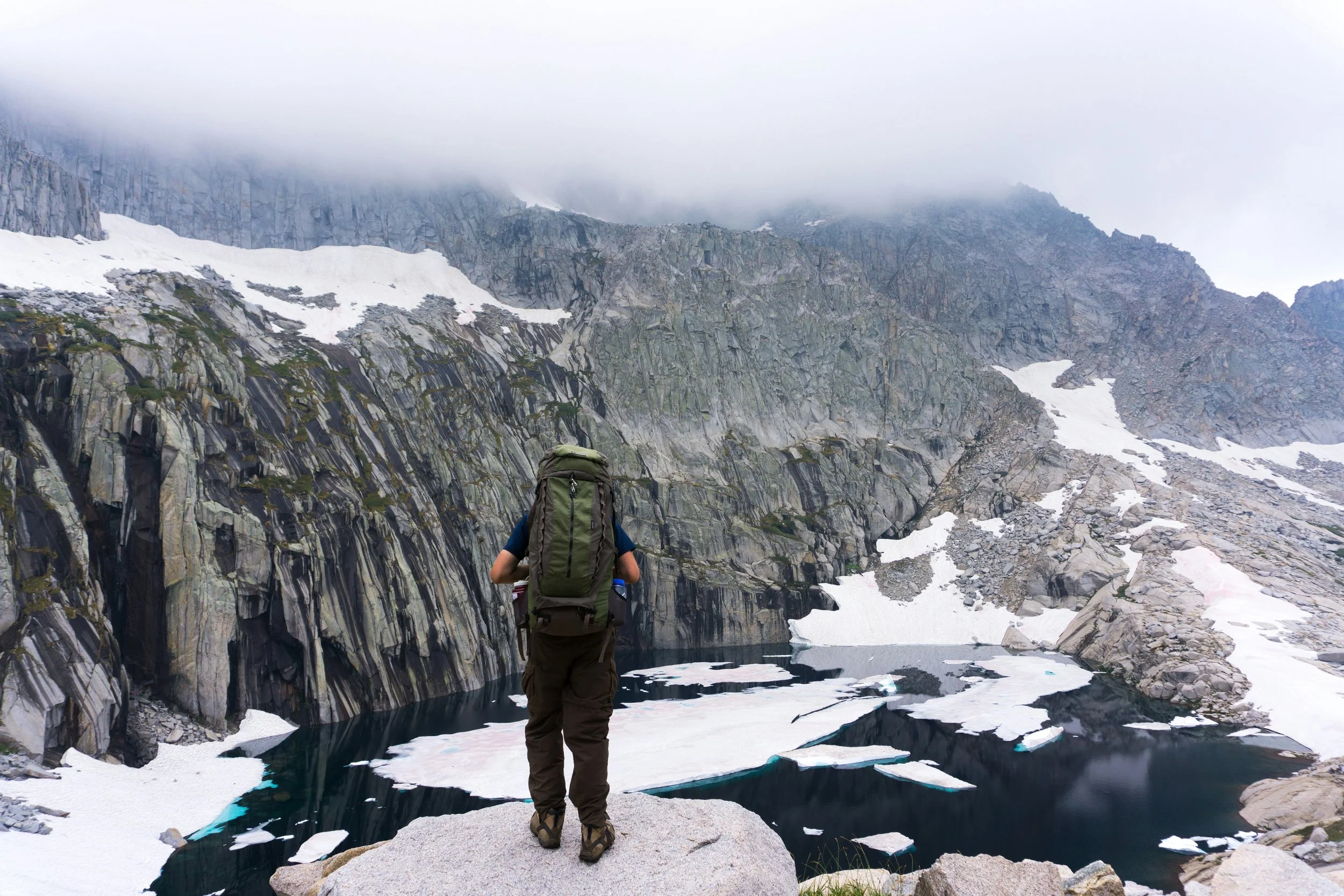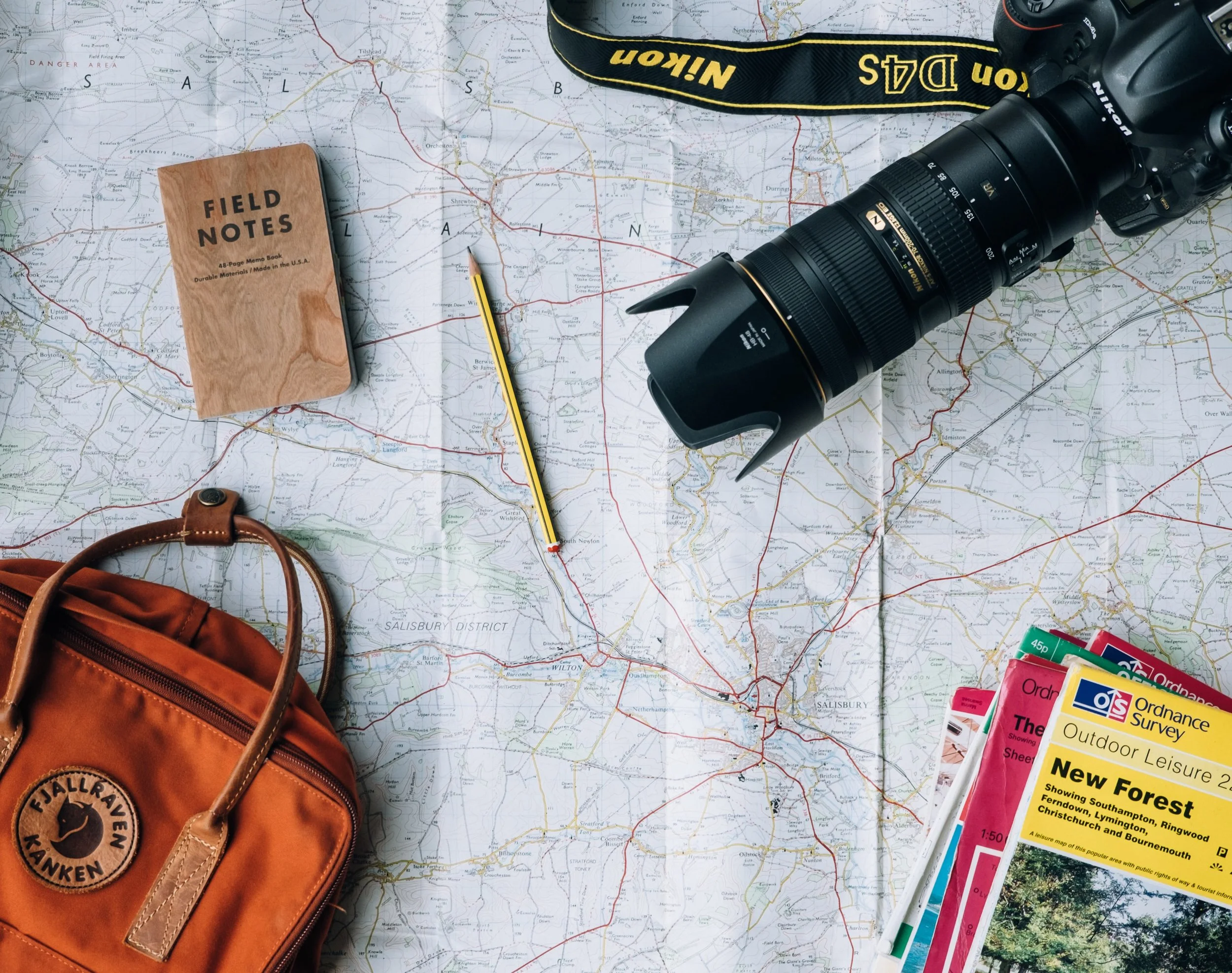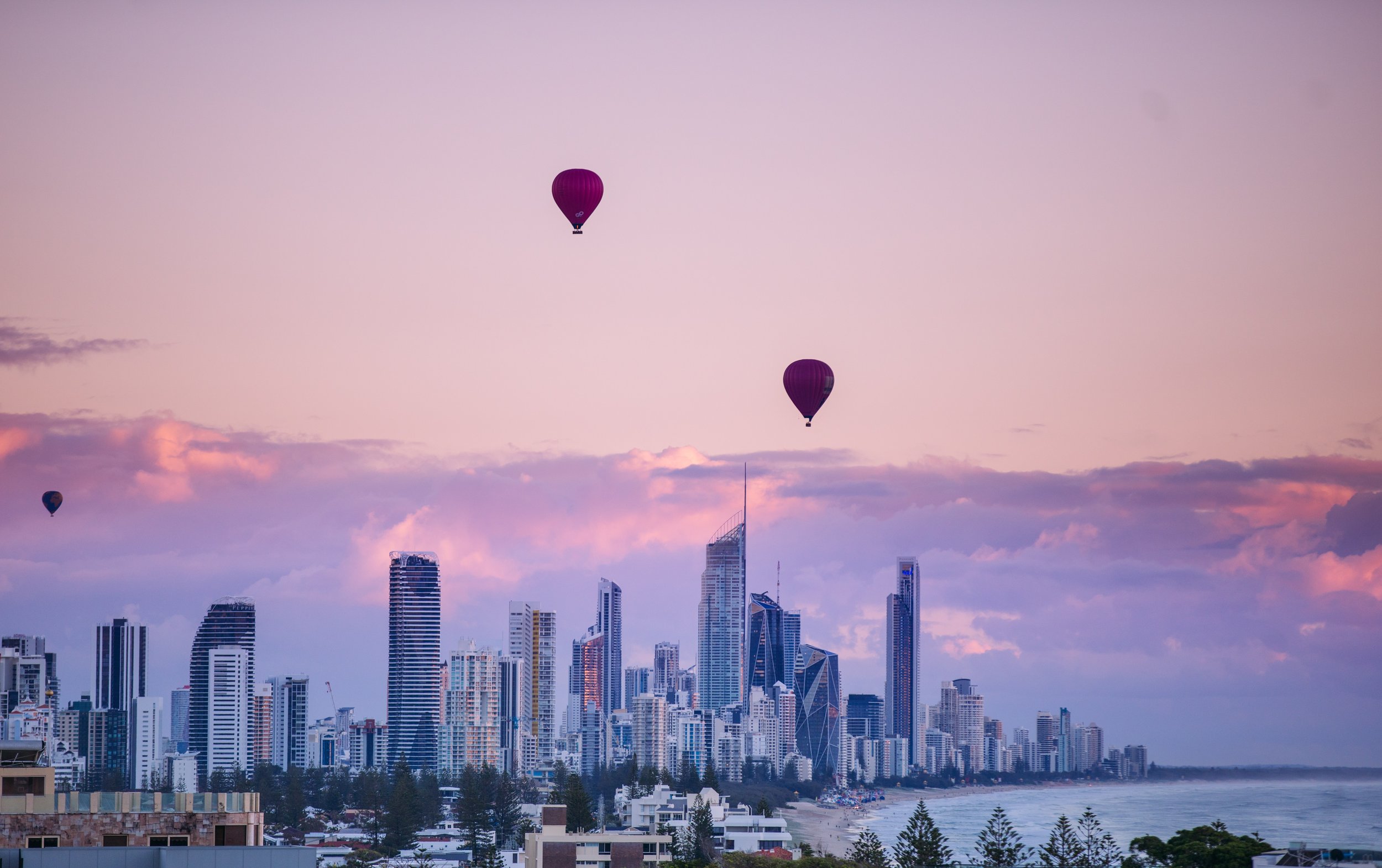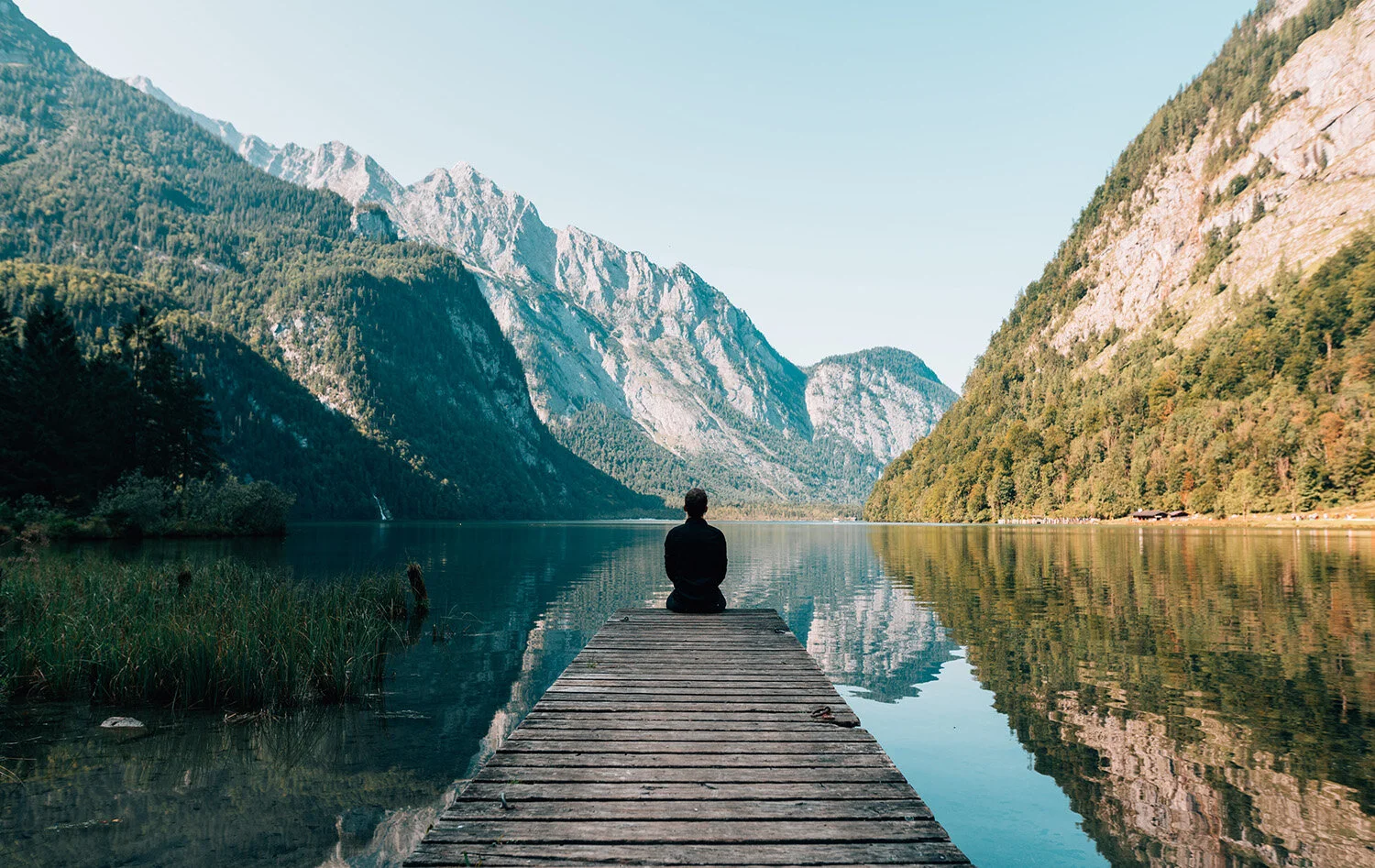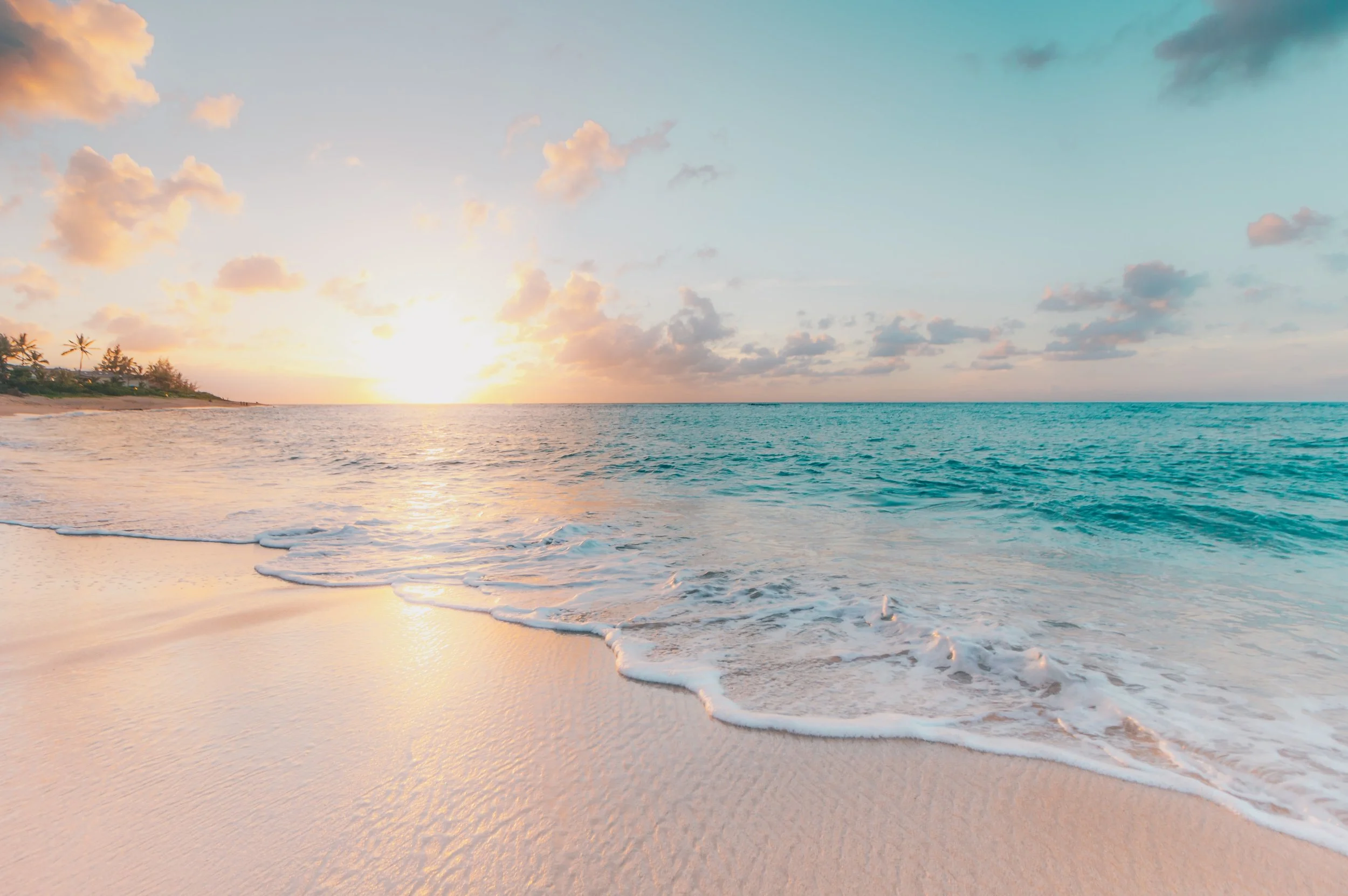We may have known these before but they say 'You won't believe it, until you see it'. So...we saw it, now we believe it and we wish we knew it earlier! Here are 5 Important Lessons From Traveling The World that we were taught in 2017, and which we think are important for everyone to know:
1. Western world is not the universe
Being brought up and getting our education in Europe and Australia meant that we were often taught 'the Western side of the story' and we were made to believe that everything was 'an exact fact'.
Looking back at what we were taught at school, about the actions of white people back in the day, we can now see the close-minded perspective of some of the people who influenced our views, and the impact that the media that we watched had on us whilst growing up.
One of the moments that made us realise it, was when a person in Kenya was talking about Vasco da Gama (the first known European to visit Mombasa). He called him 'a horrible person' however Hanna's history teacher back in school called him 'a great Portuguese explorer'.
Luckily we didn't stay in that bubble - travel has proven to be the best medicine for getting the whole picture of the stories, which, if we didn't travel, would be presented to us from only one point of view.
All the world problems talked about in the media or in the history books are much more complex than simply establishing who was right and who was wrong. Thanks to talking with people from different cultures and various walks of life, visiting museums and historical sights in many countries and learning more about their past, we truly embraced (even though we thought we had known it before) that the Western world is not the universe.
Up in the streets of Los Angeles
2. Racism is not dead
So, we now established that the Western world is not the universe. However, when it comes to racism in the Western world, it is treated very seriously, especially in Australia, where Zach is from, and in UK, where we lived. It's a criminal offence and we obviously support treating it this way.
To be brutally honest, in our experience, racism is not treated seriously in some Asian and African countries we have visited in the last few months. We both (and some fellow travellers we’ve met along the way) were subjected to it - either very openly (e.g. a person in Kenya said 'I hate all the mzungus'* right in our faces), or subtly through small actions, words and gestures. Although we tried to ignore it when possible (being visitors to a country, we are aware that not everyone may welcome us in the same way), every time it did happened, it stayed in our mind. And we didn't experience it once, but multiple times. We just want to put it out there - we’re not saying that expecting people to be sorry for us - we just want others to know that it still does happen. We weren’t aware that it happens so often before we started our journey.
We also absolutely cannot stand the fact that entrance tickets to some tourist attractions in Africa and Asia are anywhere from 600% to even 1000% more expensive for us, ‘farangis’ / ‘mzungus’, etc.
Racism from its very definition is generalising the view about a group of people based on their race. By asking us, ‘farangis’ or ‘mzungus’, to pay a lot more for a ticket based on our race or a country we come from, one plays up to the stereotype that 'white/westerners’ are rich and have money to spend. So no - racism is not dead, as we would like it.
*mzungu - in the colloquial language this word means simply 'white'. In 18th century literally translated it meant "someone who roams around" or "wanderer". But 'the term is now used to refer to "someone with white skin" or "white skin". The word 'mzungu' in Swahili can also mean someone who speaks English. For example an English person of black colour may also experience being called 'mzungu', but, we also heard Ethiopians call e.g. a priest wearing all white a 'mzungu'.
Shola Market in Addis Ababa, Ethiopia
3. The world is full of rubbish
Unfortunately. Tons of it. So many people live in areas, which are extremely polluted and 1 in 3 people on the planet don't have a decent toilet, whilst 1 in 9 don't have clean water close to home (according to WaterAid).
Seeing beautiful landscapes completely decimated by plastic rubbish smacks you right in the face with how big the global problem is. We have no idea what the solution is (we mean we do know, but we don't know how to make it happen) but we think that waste management and waste education should be a top priority for everyone, and the first step to improving the situation is being aware that the problem does exist.
Beach in Phuket, Thailand
4. There are as many good people as Not-so-good people
Alright - things are not black and white or right and wrong - we know it. But let's simplify things for a moment and say that 'a good person' is someone who offers you help, either involuntarily or when you ask for it, and they don't expect to receive any gift or financial benefit from you in return - we’re talking about kindness and honesty.
Keeping this in mind, 'a not-so-good person' would be someone who tricks you into believing they're helping you or giving you solid advice (like "Turn left and walk 200m and you will find the train station there" advice) without expecting anything, only to kick up a stink when you're about to walk away leaving nothing more than 'a thank you' or a returned favour instead of handing them some money.
Even though lots of bloggers or travellers write and post about all the kindness they have experienced whilst travelling, and about people 'who have nothing but gave them everything', they forget to mention that for pretty much every 'good person', there is a ‘not-so-good person'.
Before we started our journey, and whilst reading lots of travel blogs and following travel instagrammers, we got caught up in the idea of the world where people will be welcoming us everywhere with their open arms and smiley faces.
Very naive and so wrong!
The world is not ideal - so with time we learnt to 'tread lightly' when it comes to trusting people we meet on the way. A little bit of skepticism goes a long way.
New York, near Times Square
5. Planet Earth and humans are incredible
We hope we didn't get you in a sad mood with all the rubbish, racism and not-so-good people! Luckily, planet Earth and its inhabitants are there and they never stop to amaze, at least us!
However bad things may be, we also learnt during the past year that our planet is a crazily diverse miracle that we believe will surprise us many more times in the future.
The things we saw, from the natural phenomena such us Danakil Depression & Erta Ale volcano to amazing Kuang Si Falls and the mighty Himalayas, to man-made wonders like Angkor Wat, Tigray Churches and the Taj Mahal - they all continue to blow our minds!
And humans? Can you believe that people live in all the places around the world, even though in some of them there are rubbish, racism and extreme conditions?! They live their lives, striving for each day to be good, trying to keep their families full and happy and trying to make the world a better place.
Isn't it unbelievable that they simply don't give up? It seems to be pretty incredible to us!
- See our 2017 IN A NUTSHELL post here -
Farmers from Degosach Lodge in Northern Ethiopia
What do you think? What have you learnt during the last year or during your travels?
Would you agree with us or do you think differently?
Please share and comment below - we really want to know!
